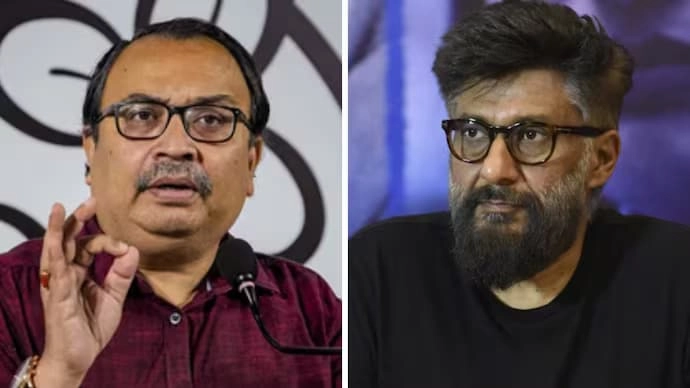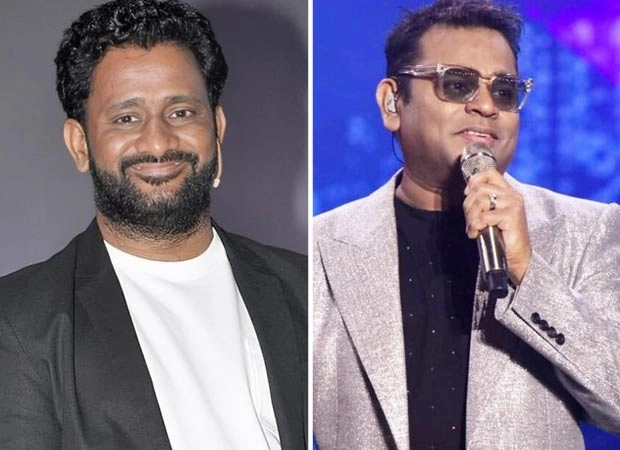In a recent interview with NDTV, filmmaker Vivek Agnihotri addressed the ongoing discourse surrounding his film “The Kashmir Files” and its impact on the socio-political landscape of India. Agnihotri, known for his controversial takes and bold narratives, emphasized his commitment to highlighting significant issues through cinema. He expressed that while he faced little resistance in making “The Kashmir Files,” he found the political climate surrounding films like “The Manipur Files” to be markedly different. His comments were particularly pointed towards Kunal Ghosh, a prominent figure associated with the Trinamool Congress, urging him to take action regarding the directors affiliated with his party.
Agnihotri’s remarks highlight the complexities of filmmaking in a politically charged atmosphere. He underscored the importance of freedom of expression in cinema, advocating that filmmakers should not be hindered by political affiliations or pressures. The filmmaker’s assertion that Ghosh should encourage Trinamool directors to engage with sensitive issues reflects his belief that storytelling, especially about contentious subjects, is vital for societal discourse. Agnihotri’s perspective challenges the notion that political affiliations should dictate the narratives explored in cinema, advocating instead for an open dialogue that transcends party lines.
Moreover, Agnihotri’s insistence on addressing the narratives surrounding Manipur signifies a broader commentary on the role of filmmakers in contemporary India. He posits that stories of marginalized communities and significant historical events are crucial for fostering understanding and empathy among the populace. By urging political figures to support filmmakers in shedding light on such issues, he is calling for a collaborative effort to promote transparency and awareness. This not only serves the cinematic community but also enriches the public’s understanding of pressing social issues. Ultimately, Agnihotri’s dialogue with NDTV serves as a clarion call for filmmakers and politicians alike to embrace their roles in shaping narratives that reflect the complexities of society.




